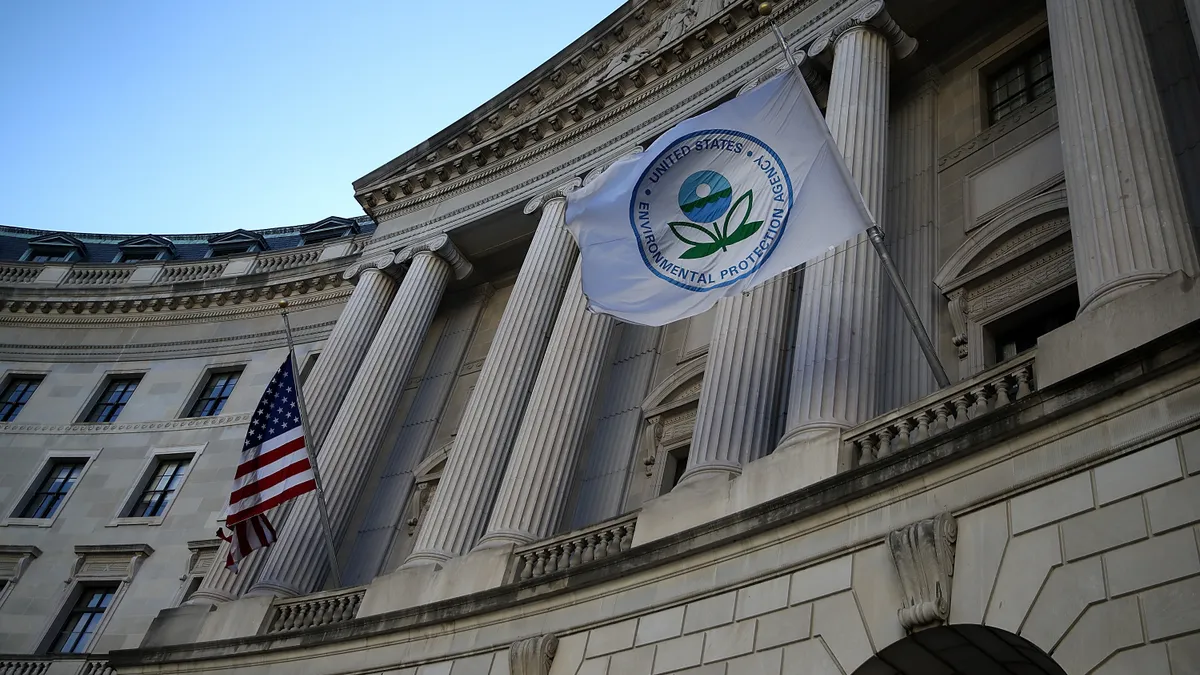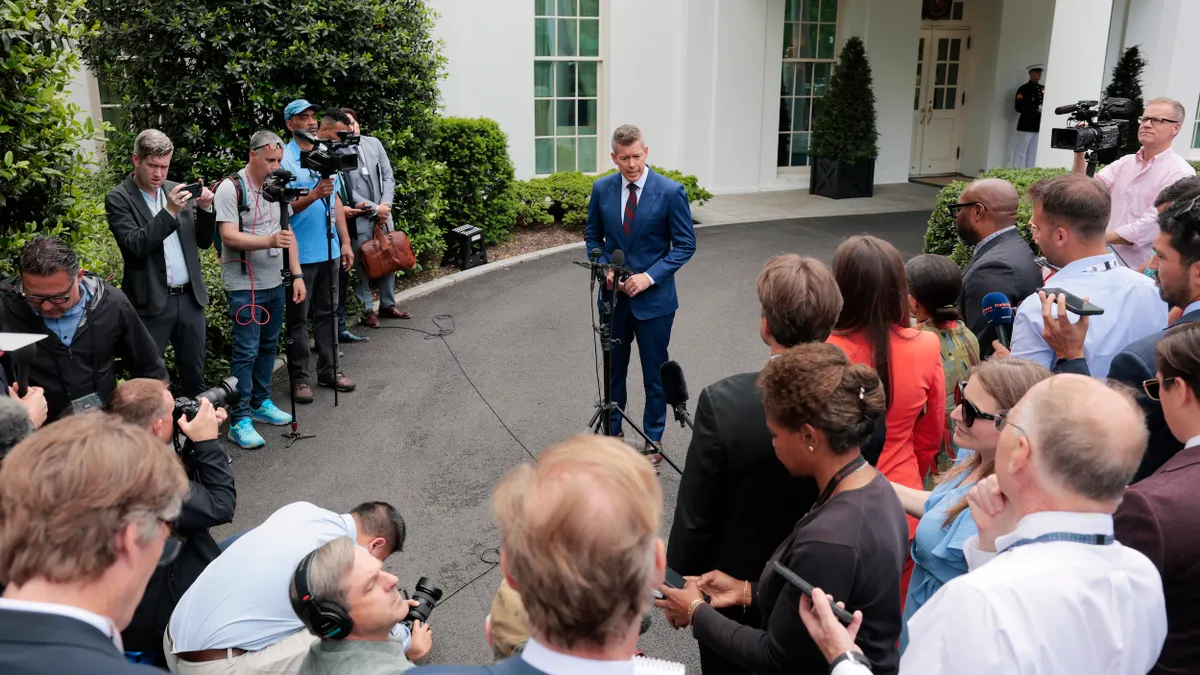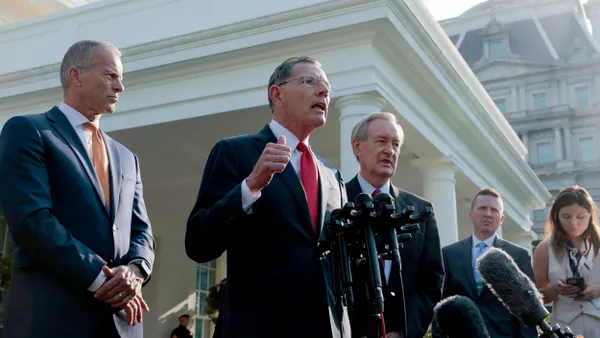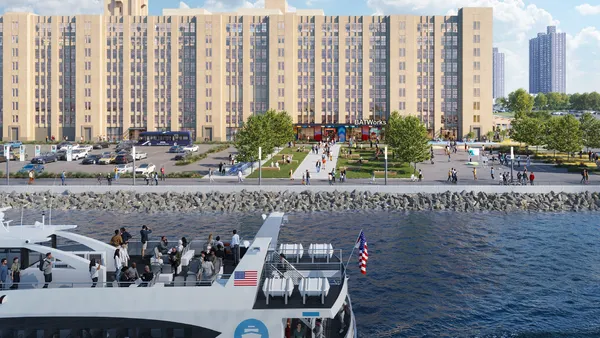Zero-waste advocates say time is running out to build strong proposals to better compete for a portion of $4.6 billion in climate pollution grants from the U.S. EPA.
At a webinar Wednesday, speakers from zero waste organizations and municipalities said there are opportunities on the horizon related to the EPA’s Climate Pollution Reduction Grants Program meant to help reduce greenhouse gas emissions. The Institute for Local Self-Reliance, Zero Waste USA, and the National Recycling Coalition hosted the event.
The EPA has already chosen the entities that will create greenhouse gas reduction plans under the grant program. Those recipients, which received a total of $250 million last fall to start the process, represent almost every U.S. state, plus numerous municipalities, territories and tribes, according to the EPA.
Recipients are now busy each completing a detailed document telling the EPA how they will reduce their greenhouse gas emissions. These Priority Climate Action Plans, or PCAPs, are due to the EPA by March 1.
Webinar speakers said it’s critical to get involved with the relevant entities drafting such plans in order to advocate for zero waste strategies and programs. That’s because only the projects and policies explicitly mentioned in PCAPs will be eligible for the EPA’s next phase of CPRG funding — a total of $4.6 billion in grants to help implement PCAP strategies. Grant applications are due April 1.
“We need to build a broader understanding of zero waste as an efficient and effective climate solution,” said Jeremy Drake, principal at Strategy Zero Waste Solutions in Montana.
The EPA ultimately plans to spend $5 billion on the program, part of the agency’s broader climate pollution mitigation strategy as outlined in the Inflation Reduction Act. It builds on historic levels of EPA funding from the Infrastructure Investment and Jobs Act.
Many states and municipalities already have draft PCAPs posted online, so organizations looking to get involved can review the draft and identify areas where zero waste and composting ideas would fit, said Brenda Platt, director of ILSR’s Composting for Community project.
These entities are required to solicit input from numerous stakeholders, so it’s in everyone’s best interest to hear as many perspectives as possible, said Sandra West, a sustainable waste specialist for the city of Albuquerque and the grant manager leading the city’s PCAP development process.
West recommended collaborating with groups already involved in the PCAP to strengthen existing ideas. Some draft plans may already have zero-waste ideas but may need more data to make the proposals more competitive for the grant application process.
“If you’re someone with good data, that information will really help, because everybody's just scrambling to meet all the deadlines,” she said.
For its part, ILSR has a PCAP guide with suggested outlines and templates. Zero Waste USA also offers several resource sheets for connecting with relevant stakeholders and tailoring proposal wording to attract EPA funding dollars, Drake said.
March 1 is a tight deadline to get involved with the relevant state or local entities charged with writing a PCAP, said Platt, and in some cases the time period to comment on those drafts has closed. However, she said, “you should still reach out.”
“If you've got a good project, it may fit in with what they're already thinking. Don't wait to advocate.”












